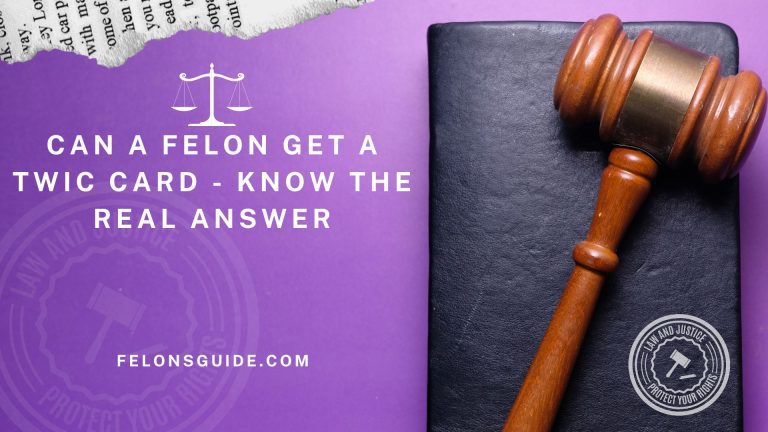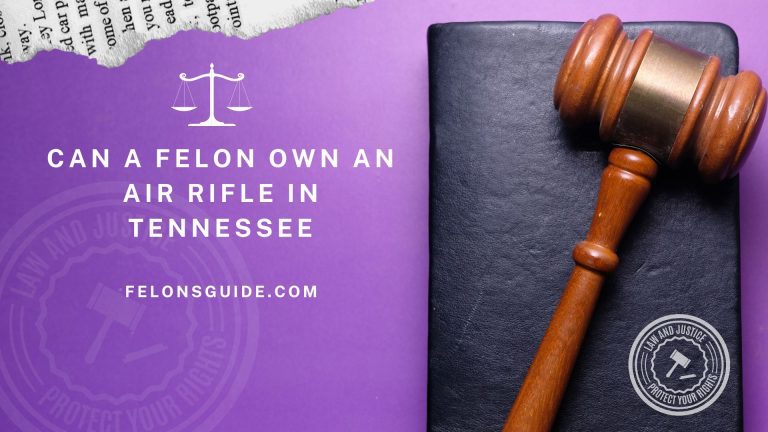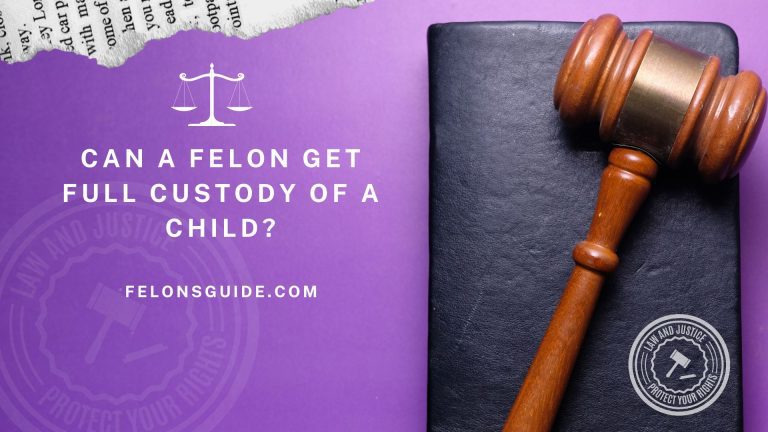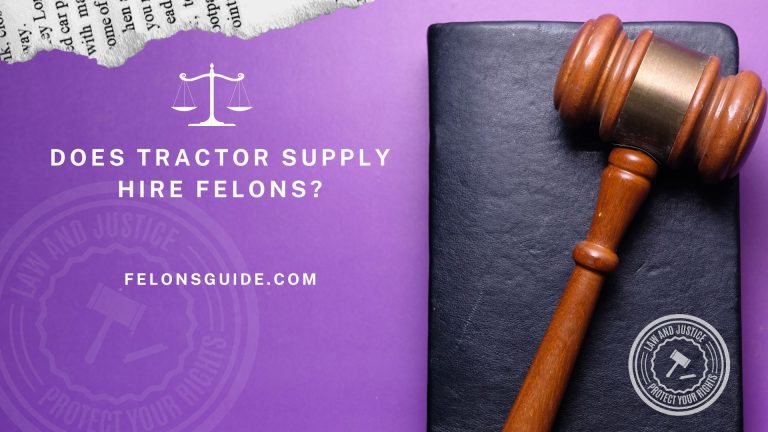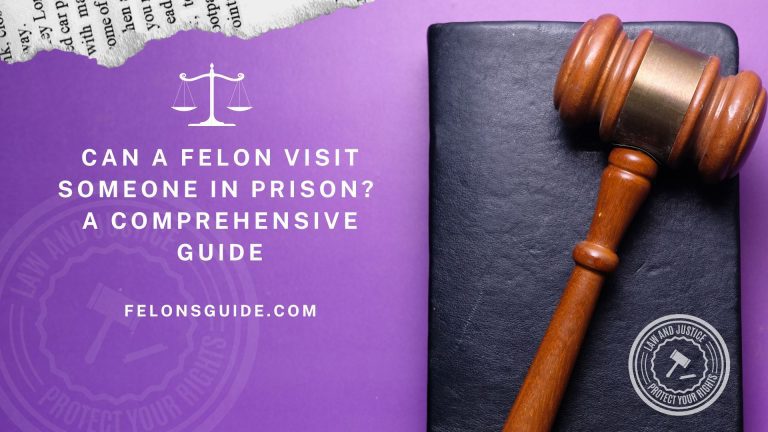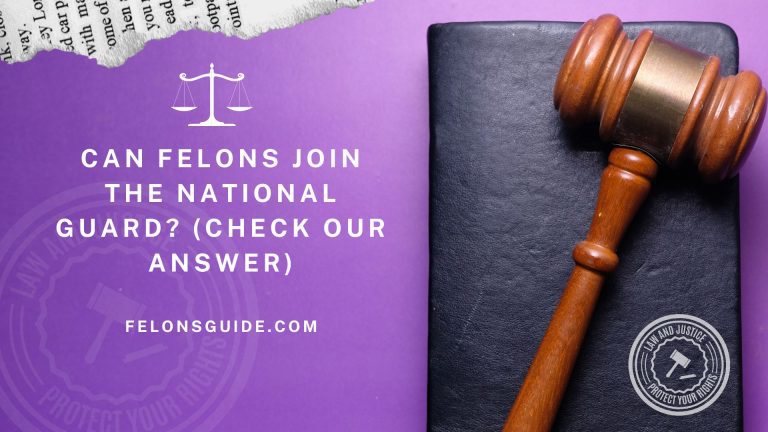Can a Felon Travel To Punta Cana? Check Travel Restrictions
Are you a convicted felon looking to travel to Punta Cana for vacation, work, or other purposes? Are you wondering if your criminal record will prevent you from entering the Dominican Republic? The answer is not straightforward, as it depends on various factors. In this article, we will explore the rules and regulations surrounding felons traveling to Punta Cana and provide you with essential information to help you make an informed decision.
Understanding the Dominican Republic’s Entry Requirements
Before we delve into the specifics of traveling to Punta Cana as a felon, let’s first discuss the Dominican Republic’s entry requirements. To enter the Dominican Republic, all visitors must have a valid passport and a tourist card, which is essentially a visa for a short stay. Tourist cards can be obtained online, at the airport upon arrival, or at Dominican consulates or embassies abroad.
Do Felons Face Restrictions on Traveling to Punta Cana?
The Dominican Republic lacks explicit legislation barring entry for felons. However, it retains the prerogative to deny access to any individual deemed a potential menace to its well-being or security. Thus, persons with histories of violent criminality, drug-related transgressions, or other grave charges may encounter impediments when seeking entry to Punta Cana.
Also Read: Can Felons travel to Japan: What You Need to Know
Felony Convictions and Visa Applications
If you are a convicted felon planning to travel to Punta Cana for an extended stay, you may need to apply for a visa. The Dominican Republic requires visas for stays longer than 90 days or for certain types of work or study. When applying for a visa, you will be required to disclose your criminal record and provide a police certificate, among other documents. Your application will be reviewed by the Dominican Republic’s embassy or consulate, and a decision will be made based on the information you provide.
Traveling with a Criminal Record
If you are traveling to Punta Cana for a short stay, you may not need to disclose your criminal record. However, it is important to note that many countries, including the Dominican Republic, conduct background checks on all visitors upon arrival. If you are caught lying about your criminal history, you may be denied entry, deported, or even face legal consequences.
The Importance of Honest Declaration
When traveling to Punta Cana as a felon, it is essential, to be honest about your criminal history. If you have any doubts about your eligibility to enter the Dominican Republic, you should contact the nearest Dominican consulate or embassy for guidance. Failing to disclose your criminal record can have severe consequences, including fines, imprisonment, and deportation.
Also Read: Can Felons Travel to Aruba? Know Before Planning Exotic Vacation
Options for Expungement or Pardon
If you have a criminal record that is preventing you from traveling to Punta Cana, you may have options for expungement or pardon. Expungement is the process of sealing or erasing criminal records, while a pardon is an official forgiveness of a criminal conviction. However, the process and requirements for expungement or pardon vary by state and country, and it may not be possible in all cases.
Other Factors to Consider
In addition to your criminal record, there are other factors to consider when planning a trip to Punta Cana. These include your travel itinerary, purpose of travel, and any other personal circumstances that may affect your eligibility for entry. For example, if you have outstanding debts or legal issues, you may be denied entry to the Dominican Republic.
What to Do If You Are Denied Entry
If you are denied entry to Punta Cana due to your criminal record or any other reason, you have options for recourse. You can appeal the decision, seek legal counsel, or try to resolve any outstanding issues that led to your denial. However, it is important to note that each case is unique, and there is no guarantee of success.
Conclusion
Traveling to Punta Cana as a convicted felon can be a complex and challenging process, but it is not impossible. By understanding the entry requirements, being honest about your criminal record, and exploring all options for expungement or pardon, you can increase your chances of a successful trip. Remember to plan ahead, seek guidance when necessary, and be prepared for any possible outcomes.
FAQs
Can felons travel to Punta Cana?
Yes, felons can travel to Punta Cana, but their criminal record may affect their eligibility for entry.
Do I need a visa to travel to Punta Cana?
If you are staying for less than 90 days and not engaging in work or study, you do not need a visa. However, longer stays or certain types of travel may require a visa.
Should I be honest about my criminal record when applying for a visa?
Yes, it is important to be honest about your criminal record when applying for a visa. Failing to do so can have severe consequences.
Can I appeal a decision if I am denied entry to Punta Cana?
Yes, you can appeal a decision if you are denied entry to Punta Cana. However, there is no guarantee of success.
Are there options for expungement or pardon for felons traveling to Punta Cana?
Yes, there may be options for expungement or pardon for felons traveling to Punta Cana. However, the process and requirements vary by state and country.
